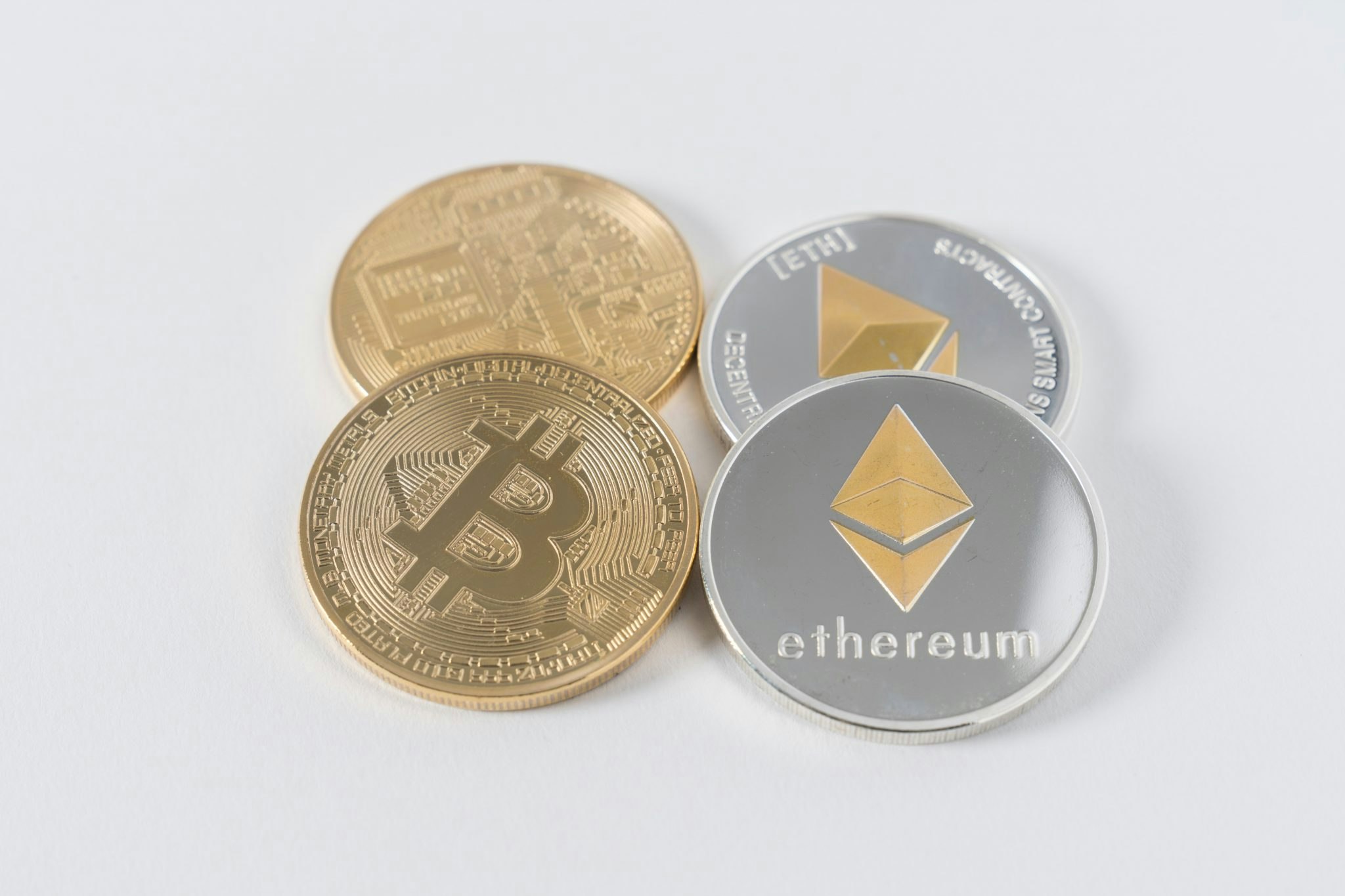It isn’t the biggest exit of the year, but the sale of Croatian ebike startup Greyp Bikes to Porsche still marks a milestone in the startup world.
The further tightening of ties between Porsche and Greyp Bikes founder Mate Rimac — sometimes styled as Europe’s answer to Elon Musk — is in itself fascinating, but this isn’t what makes this deal worth noting. It is the fact that this is the first exit for a company that raised funding on Neufund’s blockchain-backed public offering platform.
“It's not a super-huge exit in financial terms,” says Zoe Adamovicz, the CEO of Neufund. “But no one's money got hacked or lost, proving that it is possible to run a blockchain-based IPO safely.”
It's not a super-huge exit in financial terms. But no one's money got hacked or lost.
Adamovicz is hoping that Germany’s financial regulator Bafin is watching and will take this as proof that securities token offerings — currently stuck in a legal grey area — should be given the official go-ahead.
Cryptocurrency platforms like Coinbase and Binance are also eyeing the possibilities of security token offerings.
The exact terms of the deal between Greyp and Porsche haven’t been disclosed, but the 1000+ small investors who participated in the €1.4m fundraising that Neufund ran for Greyp Bikes in 2019 will share a €1.7m return from the acquisition, a roughly 20% return on capital over 33 months. The median investment in the 2019 round was €400, which will now have turned into around €480, with the money from the sale expected to hit investors' bank accounts within two weeks.
"It's a bigger return than investors would have got investing in, for example, a bond at 3%,” Adamovicz points out. “Ordinary investors don’t have many options other than investing in a few publicly listed stocks or bonds.”
Neufund launched in 2016 with the idea of making it easier for the general public to invest in fast-growing privately held startups, something which had previously only been open to wealthy angel investors.
Customers and fans of consumer-focused businesses like Greyp Bikes are often interested in not just buying the products but also putting money into the company. They may understand these businesses better than, for example, a share in a publicly traded miner or insurer, says Adamovicz.
The regulators are still not comfortable with blockchain. They are telling companies to just go ahead and do things, but then, if they don’t like it, they can punish you later
But they are generally left out of startup funding deals because small companies would struggle to handle the administrative burden of having thousands of tiny investors. Handling such investors through smart contracts on a blockchain makes it feasible.
Neufund, which is backed by Frank Thelen’s Freigeist Capital, also saw this as a way of opening up a new funding option for startups, in addition to the traditional VC or crowdfunding routes.
However financial regulators have been keen to avoid the kinds of scams that were seen when initial coin offerings — another type of blockchain-based fundraising — had a burst of popularity between 2014 and 2016.
They have taken their time in deciding whether to allow blockchain-backed security token offerings like Neufund’s. It has put a serious crimp on the German startup’s growth. After successfully launching the Greyp IPO in 2019, Neufund suspended any further IPO plans in 2020 because of a lack of regulatory clarity.
“The regulators are still not comfortable with blockchain. They are telling companies to just go ahead and do things, but then, if they don’t like it, they can punish you later. It is very difficult to be in limbo like this. It is very frustrating,” says Adamovicz.
In the meantime, Neufund has focused on helping startups raise money from big-ticket, angel investor-style funding rounds, where financial regulation is much lighter. For a funding round where a few rich individuals write cheques of €100,000 there is much less scrutiny than there is for thousands of small investments of €500.


